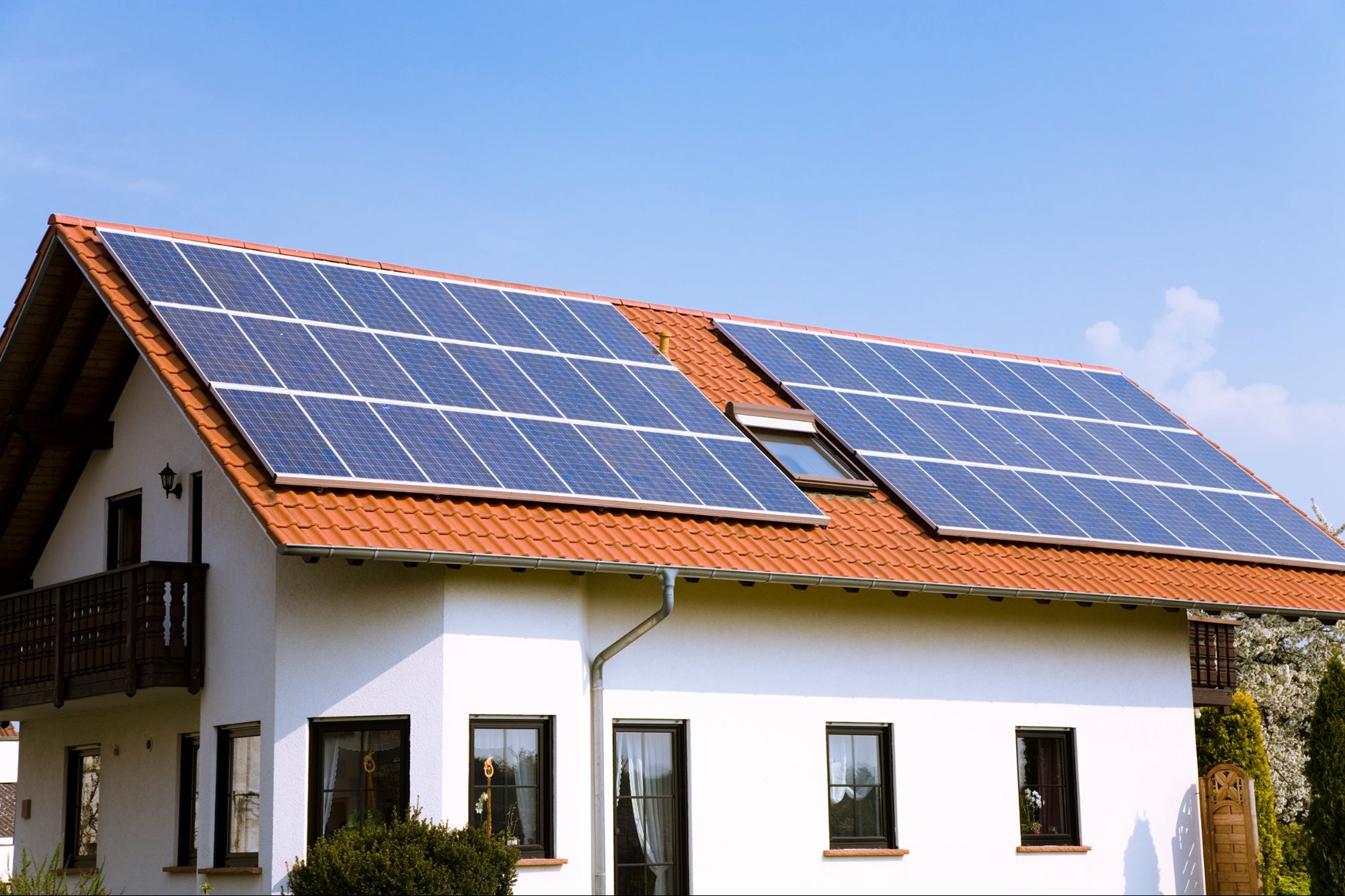The world is gradually shifting towards sustainable energy solutions, and solar energy is at the forefront of this revolution. Installing solar panels is a smart investment for businesses looking to reduce costs and minimize environmental impact. However, transitioning to solar energy involves a series of decisions that require careful consideration. Here’s a comprehensive guide to help you navigate the process effectively.
Understanding the Benefits of Solar Energy
Adopting solar energy offers several advantages for businesses:
1. Cost Savings
Solar panels can significantly reduce electricity bills by generating renewable energy directly from sunlight.
2. Environmental Benefits
By switching to solar energy, businesses contribute to reducing carbon emissions and supporting sustainability goals.
3. Energy Independence
Solar energy provides independence from fluctuating prices and reliance on traditional energy providers.
4. Increased Property Value
Installing solar panels can increase the market value of commercial properties, attracting eco-conscious buyers or tenants.
Key Factors to Evaluate Before Going Solar
1. Energy Needs Assessment
Analyze your business’s current energy consumption to determine the capacity of solar panels required. Understanding peak energy usage and potential savings will help you plan effectively.
2. Location and Sunlight Availability
Solar panels require adequate sunlight to function optimally. Evaluate your property’s orientation and shading to determine whether solar energy is viable.
3. Cost and Financing Options
Solar installation can be costly upfront, but various financing options are available, including:
- Loans
- Leases
- Power purchase agreements (PPAs)
- Research government incentives, tax credits, and subsidies that may offset initial costs.
4. Panel Types and Quality
Based on efficiency, lifespan, and budget, choose between monocrystalline, polycrystalline, and thin-film panels. High-quality panels often yield better returns in the long term.
- Installation Process
Partner with experienced solar installers who can guide you through design, permitting, and installation. Professional expertise ensures compliance with local regulations and maximizes system efficiency.
Common Misconceptions About Solar Energy
1. Solar Panels Are Expensive
While installation costs can be high, long-term savings and incentives often outweigh initial expenses.
2. Solar Panels Require Constant Maintenance
Solar systems are low-maintenance and typically have warranties lasting 20–25 years.
3. Solar Energy Is Unreliable
Advanced battery storage systems enable businesses to store excess energy during cloudy days or peak hours.
Things to Know Before Going Solar
Switching to solar energy is a significant decision that requires thorough research and planning. Things to Know Before Going Solar include understanding the return on investment, selecting the right technology, and planning for future energy needs. Ensuring your property is suitable for solar installations and evaluating potential challenges are essential to a seamless transition.
How Solar Energy Aligns with Business Goals
For businesses committed to sustainability and efficiency, solar energy aligns with long-term goals:
- Corporate Social Responsibility (CSR): Solar adoption signals a commitment to environmental stewardship, enhancing brand reputation.
- Operational Efficiency: Reduced energy costs free up resources for other business operations.
- Resilience Against Power Outages: Solar systems with battery storage provide reliable energy during grid outages.
Final Thoughts
Transitioning to solar energy is a forward-thinking decision that can transform your business operations. By evaluating energy needs, installation options, and potential benefits, you can ensure a successful shift to renewable energy. Proper planning allows your business to enjoy cost savings, enhanced sustainability, and a competitive edge in a rapidly evolving market.
Also Read
- ► Who Decides War? The Complex Decision-Making Process
- ► 7 Reasons to Choose Outsource Marketing Solutions for Your Business
- ► How Can Travel Companies Benefit from Bulk Email Campaigns?
- ► Creating Impactful Application Essays for Business Success
- ► Best Health Insurance for Senior Citizens in India With Coverage for Organ Transplants
- ► Stüssy Official Redefining Streetwear for the Digital Era
- ► Blisswood: Elegant Dressing Tables with Storage for Every Bedroom
- ► How to Find the Best Medical Instrument Manufacturer
- ► Study in the USA: Benefits of Earning a Degree from an American University
- ► MannaFlux™ | Official | Easy Weight Loss Supplement | 50%OFF
- ► Revolutionizing Ear Piercing in Pakistan: Galima’s Expertise in Upper Cartilage Piercing
- ► Top Project Manager & IT Hiring Agencies | Soal Tech Staffing
- ► Most In-Demand Skills to Become a Certified Full Stack Developer
- ► Guide to Choosing the Right Branding Agency in Ahmedabad
- ► How Kupplin Excels as Physician Recruiters





